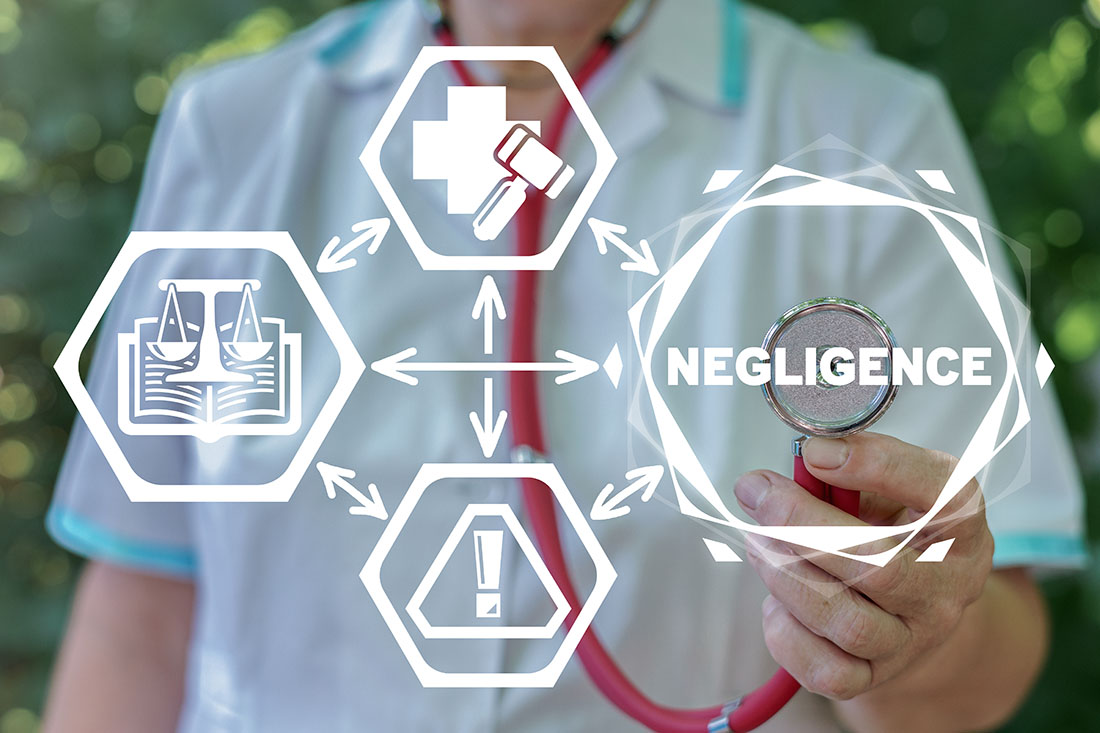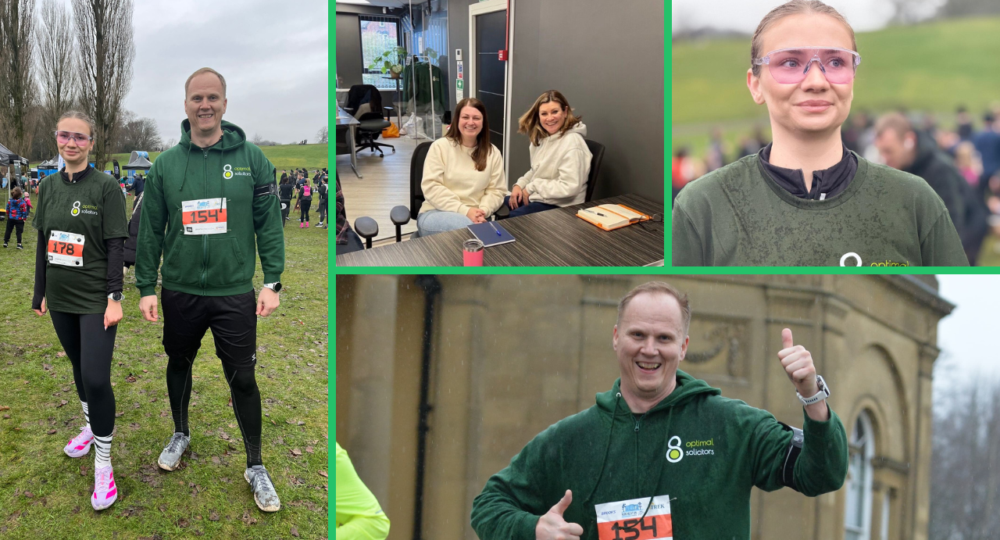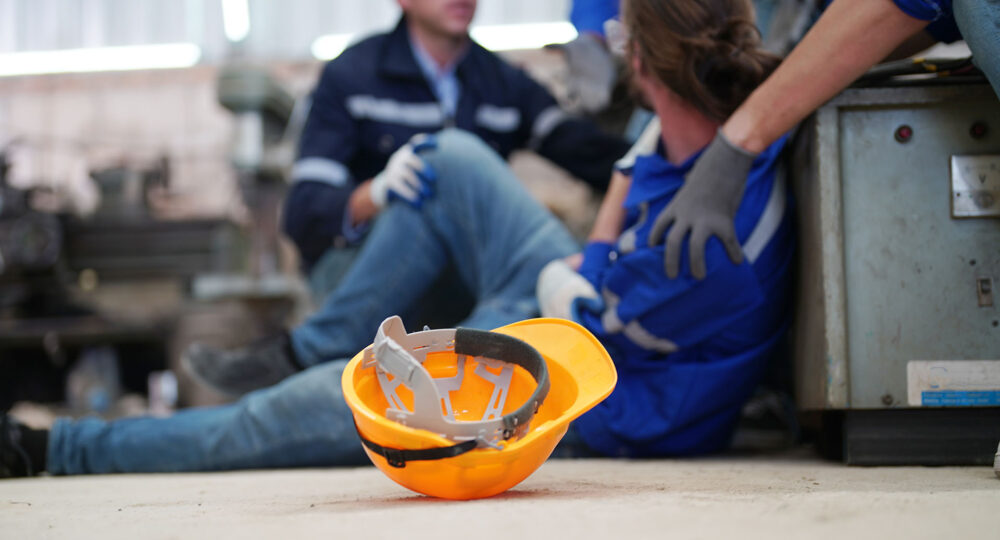Clinical negligence is a vital but complex field of law. As solicitors, we’re not just fighting for justice for the victims and families affected – we’re using every single claims process as an opportunity to drive important policy changes and improvements in the NHS.
To explain the importance of thorough clinical negligence claims and share his own experiences, we sat down with Head of Personal Injury Mark Thomason for an insightful Q&A. Mark is accredited as a specialist in clinical negligence by The Law Society and as a senior litigator by the Association of Personal Injury Lawyers (APIL).
How do clinical negligence claims compare with other areas of personal injury?
In other personal injury cases, clients are often fit and healthy before the incident in question. It’s therefore easier to see which actions caused injury. With clinical negligence cases, clients are usually suffering from poor health before any negligence takes place. This is why, as solicitors, we have to engage with and be led by medical experts from in and around the NHS.
Clients can sometimes be dubious about conflicts of interest, but this is never the case. We all want the NHS to be the best it can be, and while negligence is never a good thing, it does provide a learning opportunity that must be respected. Defendants will also work with trusts to feed trends and supply data that highlight areas for improvement.
In addition, clinical negligence claims are often more complex. Road traffic accidents, for example, typically have clear evidence to determine what caused the injury. With clinical negligence, clients may have seen a doctor or medical professional numerous times on their treatment journey. We must therefore pick the complexities of that journey apart to firstly identify at which stages anything different could have been done, and secondly pinpoint what difference that would have made. This is why we need third-party expertise throughout the claims process, not just at select stages like other personal injury claims.
It’s difficult to bring a successful claim for clinical negligence, and that’s how it should be. It’s not about ‘winning’ but getting the client as close as we can to the position they were in before the negligence took place – all while informing systemic change along the way.
What is the relationship like with the defendants you’re claiming against?
As clinical negligence solicitors, we understand that we must hold the NHS accountable but also act as gatekeepers for them, preventing claims that don’t have enough merit to materialise but still cost the NHS considerably.
Poor treatment isn’t enough to bring a claim – there must be a causative injury. Unfortunately, people have bad experiences with their medical treatment, but that doesn’t necessarily mean they have a valid claim. It’s our job to gather as much information as possible at the time of enquiry to determine whether it’s worth progressing a claim – protecting the interests of both sides.
How do clinical negligence claims help drive policy changes and NHS improvements?
As solicitors, we can and should advocate for systemic change as part of the process in cases where we feel that change is needed. This involves communicating with the defence, requesting that they consider policy or process changes as part of the settlement. While the defence is under no requirement to grant our request, clinical negligence cases are widely respected on both sides as a chance to recognise failings and inform policies that make medical treatments and processes safer for future patients.
What’s more, defendants can feed claims trends back to the relevant trust, bodies, and hospitals to establish common areas of negligence to focus on. Even unsuccessful claims can drive change. For example, I worked on a claim where no negligence was found and the right process was followed, but radiologists identified nuances and faults in the process and used the unsuccessful claim as a case study to drive change. I’ve also worked with A&E consultants to help trusts consider improvements to triage processes.
While the impact we can have as individual solicitors depends on how willing we are to insert ourselves into those conversations that drive change, the cases themselves are often used to assist change and adjust how treatments are done.
Can you give examples of some clinical negligence cases you’ve been involved with?
In one of the highest value claims I’ve ever been a part of, a client was undergoing a standard operation but the surgeons were not aware of his history of throat problems. They noted complexities during surgery but didn’t change their approach. Unfortunately, he stopped breathing and was unable to be resuscitated. We were claiming for bereavement loss for the wife and children. Initially we had no idea the potential settlement for this case was going to be so valuable, but once we met and got to know the family, we realised the deceased was the primary carer for his disabled son and his wife who had crippling arthritis. Until you understand the client’s life and needs, you can’t appreciate the impact these cases can have.
I’ve also had a case where my client was an amputee. He mentioned that he used to commute to work on a bicycle. It wasn’t until I visited him in his house that I knew about his bike collection and realised cycling was his life, part of his make-up. In another case, a widow insisted on an exceptionally high settlement for the cost of professional gardeners. Upon visiting her property, it became clear that gardening was a passion and vital part of her late husband’s life, as he had maintained the expansive grounds of his farmhouse.
Until you familiarise yourself with the client’s lifestyle, you can’t represent those circumstances. It’s crucial that we as solicitors go above and beyond to recognise this, ensuring clients don’t just muddle through life when they don’t have to. Achieving maximum compensation can help them continue their life as close to previous conditions as possible.
What advice would you give to anyone who may need to consider a claim for clinical negligence in the future?
Keep paperwork, keep diaries, record everything. The medical notes and records taken at the time of treatment are the most valuable evidence. If you’re going through medical treatment or procedures, detail all your symptoms as well as conversations. Data is key.
If you’re considering embarking on a claim, ensure you’re in an appropriate headspace to do so. These claims can be difficult and will require the retelling of potentially upsetting stories.
Make the optimal choice for clinical negligence
Thank you to Mark for sharing his insights on clinical negligence – a complex yet hugely important field of law that Optimal is here to guide you through, every step of the way.
If you’re considering raising a claim, then we encourage you to reach out to us. Our First Response team and expert clinical negligence specialists, like Mark, will give your circumstances full consideration before making a decision whether to progress a claim. We understand that, for clients who have suffered clinical negligence, the drive to prevent others from going through what they have can be just as important as gaining a settlement. Together with our clients, as well as defendants, hospitals, and trusts, we can help drive the NHS to be the very best version of itself it can be.
For professional, empathetic guidance on the best route forward, get in touch with Optimal Solicitors today.




